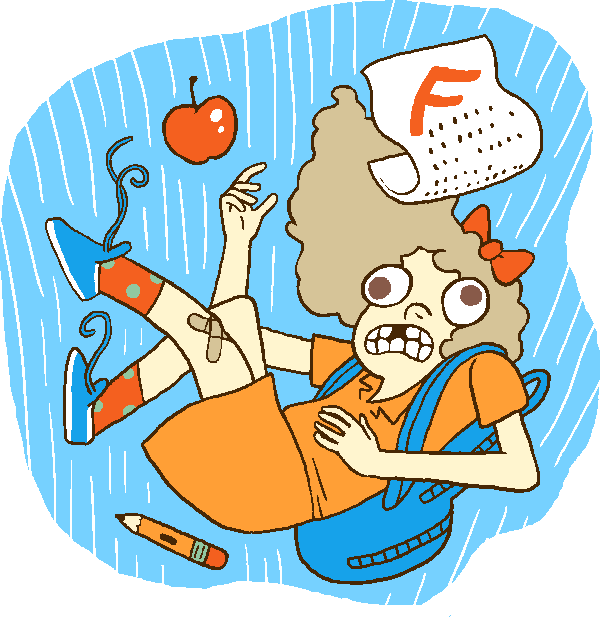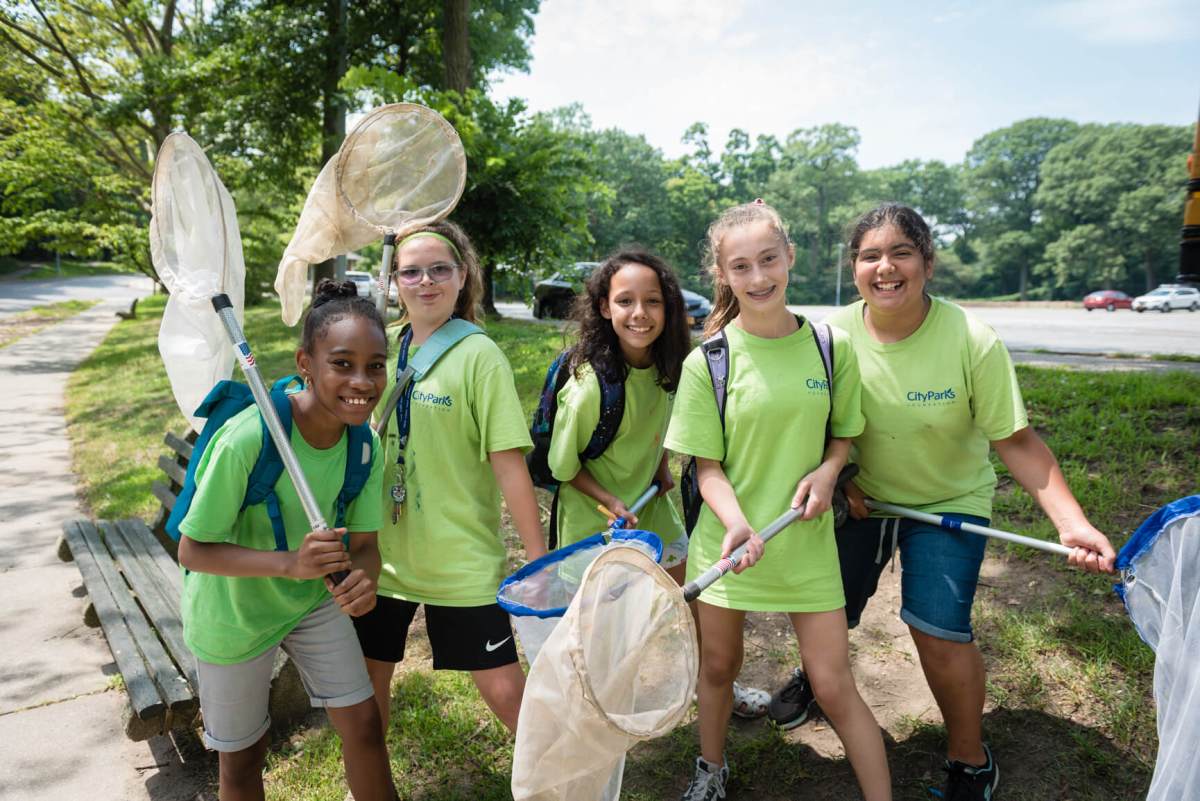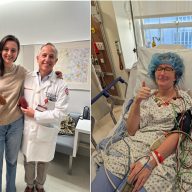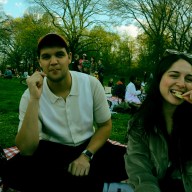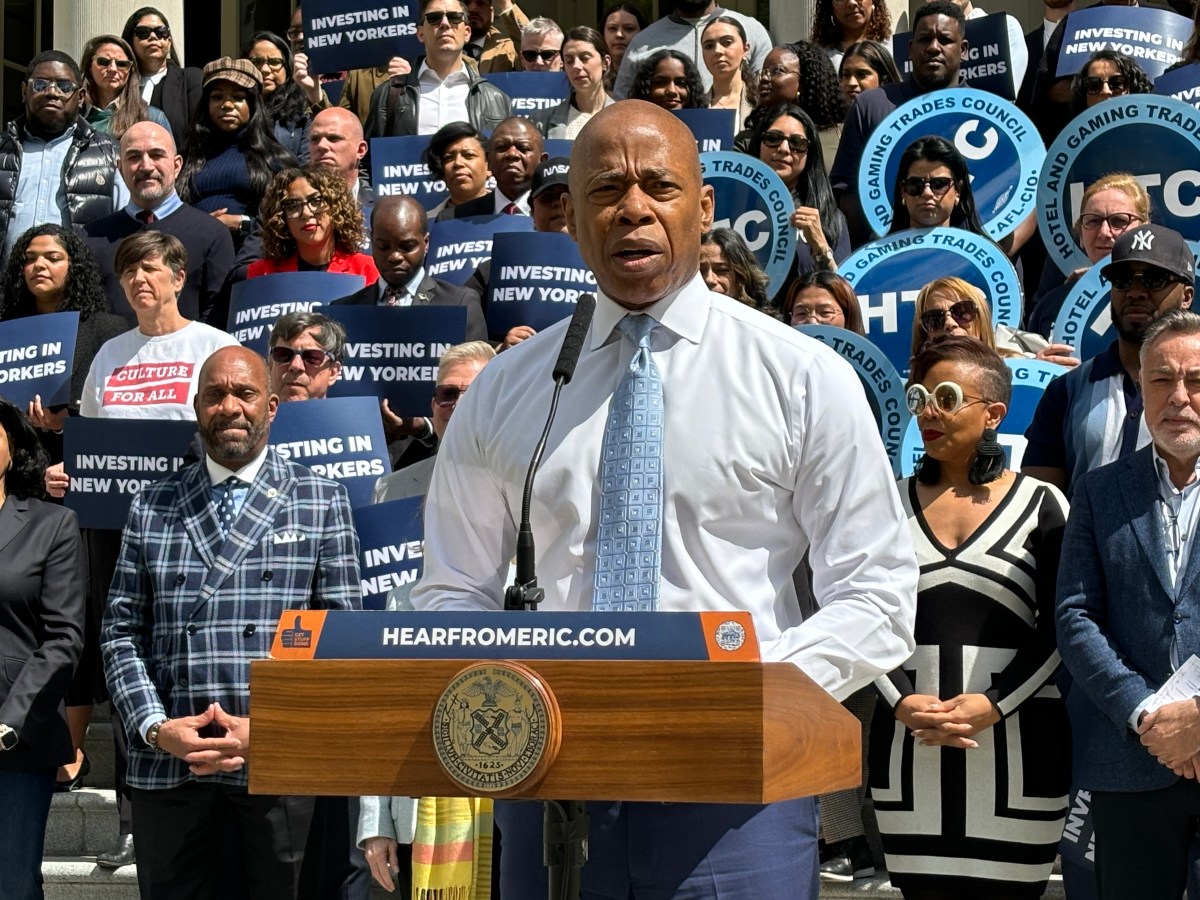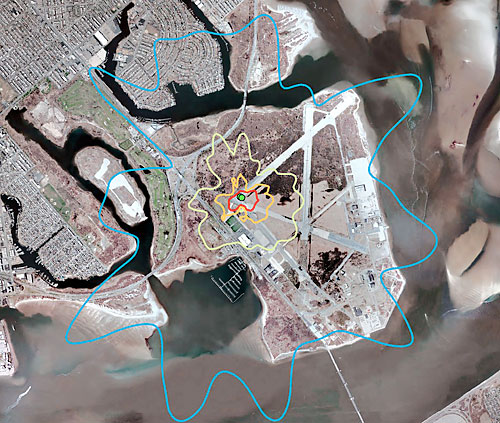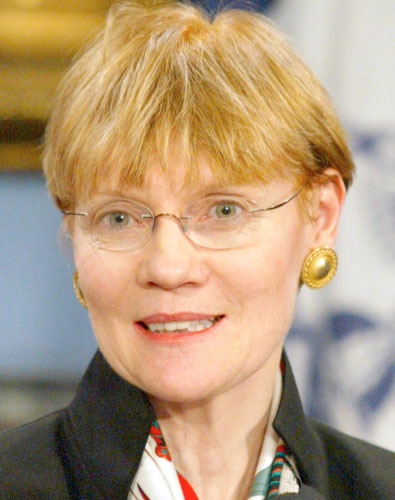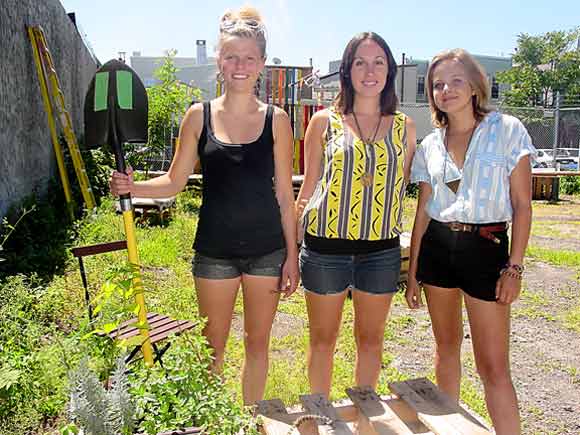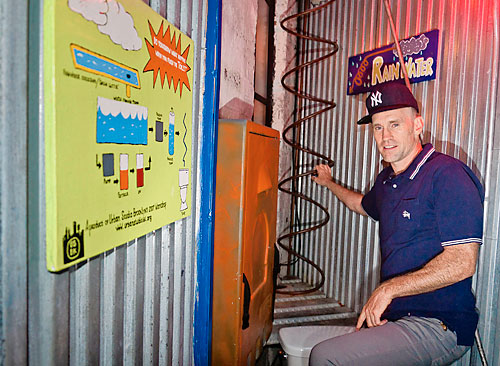In 2019, some New Yorkers sat uneasy with the new U.S. Department of Labor statistic — that only 27 percent employees in STEM — science, technology, engineering, and math — were women. CityParks Green Girls Empowered by ING program hopes to change that, providing resources to help young female scientists develop their skills and get ready for a future in the field.
Green Girls is a New York-based program for young women in grades six to eight, who gain hands-on experience studying climate change, water quality, urban forests, and social and environmental justice and advocacy. The program partners with the Brooklyn Urban Garden Charter School in hopes to make the Green Girls’ curriculum accessible to all young women in New York, challenging traditional classroom protocol.
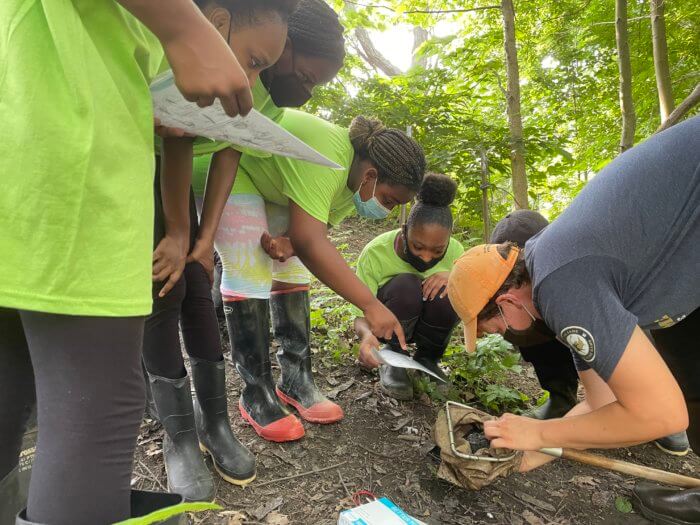
“[Schools] have that traditional learning of, ‘You’re going to sit there, you’re going to absorb what’s being taught to you … and then do your homework and figure it out,’ kind of thing,” program director Mayra Sanchez said. “We know that as young women, we might [have] had that experience where we don’t have that place to ask questions. We don’t feel comfortable to maybe bring up a certain opposite point to someone else.”
This program is “creating that safe space for young girls,” Sanchez said, wanting to push beyond the boundaries of a science curriculum and into student’s confidence in speaking and advocacy.
While Sanchez teaches with Green Girls year-round, her favorite module is water filtration.
Students will often say they drink from plastic water bottles every day, not trusting the quality of public water systems in New York City. When Sanchez says, “New York City has the cleanest water,” her students reply “No, Ms. May that’s not true.” She then tests their theories.
The Green Girls take samples from ponds, bathroom toilets, water fountains, and other water sources. Before reviewing the results, students always make a hypothesis on what they’ll find.
“Nitrate, for example, is my favorite tests because that’s the one that tests for fertilizers,” Sanchez said. “I’m like, ‘Okay, Green Girls, do you think there’s going to be some poop water in our public bathroom?’ They’re like, ‘Yeah, because it’s public.’ I’m like, ‘Okay, let’s try.’ They put in their tablet, shake it, it comes out clear, which is a no-poop result.”
One of the biggest highlights of the program for Sanchez is that the curriculum in Green Girls, alongside its hands-on approach, “take away stigma away from our parks and our areas and how [students] think public resources may be available to them,” while “actually get[ting] to do those experiments themselves.”
Sanchez said middle schoolers are like sour patch kids, sweet and sour. As a teacher, she constantly wrestles with the tipping point of students feeling vulnerable versus closed off. At Green Girls, STEM for students acts as a barrier-breaker into confidence.
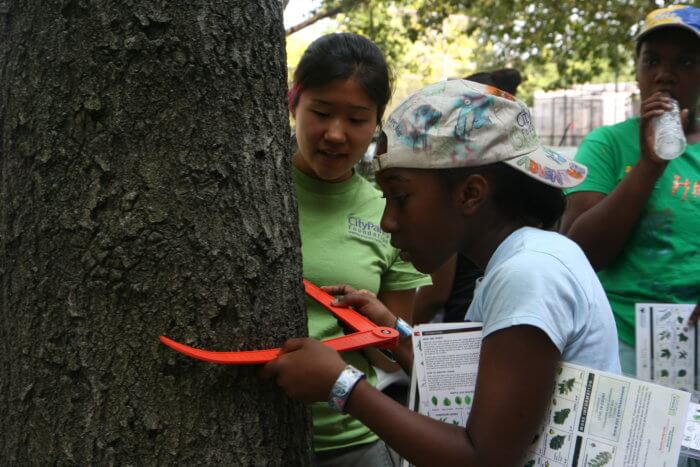
“We present what is known right now through earth science and environmental science, and then students are able to make their voices, make their opinions, bring anything else that they may experience from their own family members,” Sanchez said. “And if they have questions or maybe [challenge] what they’re taught, this is the space where they can say … [that] without feeling prejudice — Without feeling like there’s going to be some kind of controversy going on where they’re not allowed to express themselves.”
Alongside Sanchez, Associate Director of Youth Development Necia Clarke focuses on the professional development of young women in New York. But Clarke’s niche is for students a little bit older.
On every Green Girls field trip Sanchez leads, she is accompanied by a high school intern and a college intern. Every intern must participate in a College and Career Witness component, where older students walk through resume building, college research one-on-one, and overall “professionalism.”
The whole idea of this pipeline is to prepare Green Girls for “after they’re done with us,” according to Clarke.
“To see them develop as a youth and then transition to college [when] they are reporting back to us the career’s they have chosen because of being with Green Girls,” Clarke said, “I think that makes the program extremely special.”
Registration for Green Girls’ summer session is open now — find out more and sign up for the program here.


